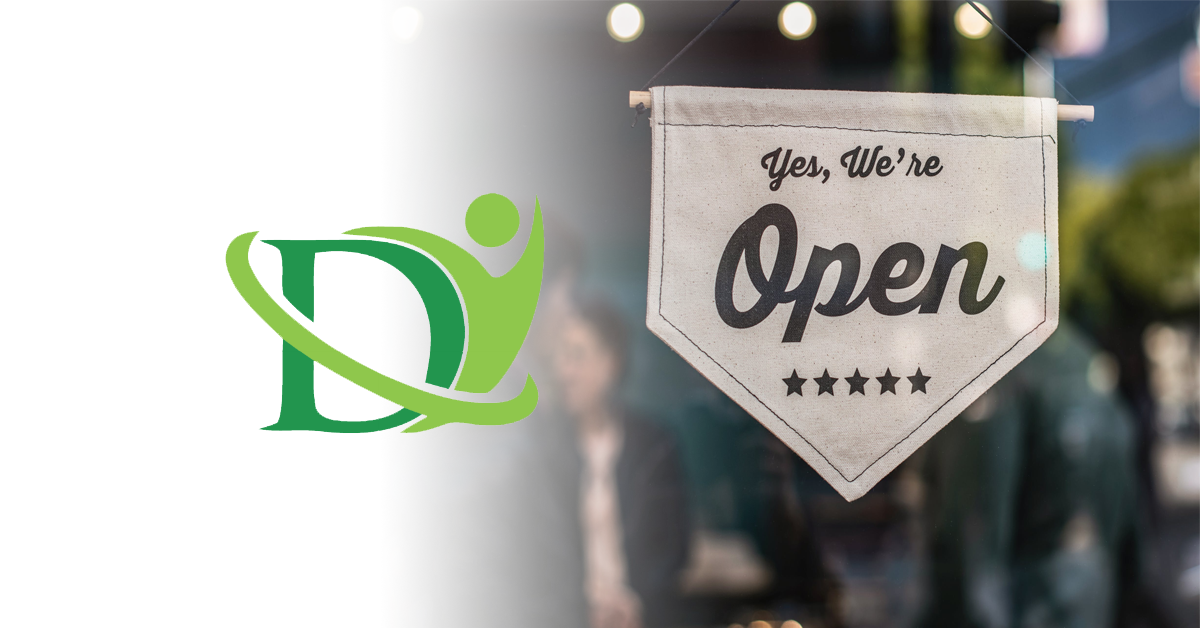
4 Things People Do Wrong With Their Credit Cards
August 17, 2020
3 Essential Tips For Managing Business Debt
August 27, 2020Adopting the Right Spending Habits During Lockdown
In light of the profound economic impact the COVID-19 pandemic has inflicted on businesses throughout the country, freelancers and individuals can adjust their spending habits as a means of personal debt relief. For freelancers, in particular, catering to budget cuts is no simple feat, which necessitates the process of shrinking non-essential spending and inflating savings accounts. Take note of the following money-saving measures.
Tip #1 – Rework Household Budgets
Putting smaller expenditures into perspective means taking a closer look at one’s budget as a whole. To account for the unforeseen circumstances of the pandemic, basing a budget off the one’s average lowest-grossing income can help minimize miscellaneous expenses.
Especially now, cancelling a gym membership or loyalty program that demands regular spending as a means to maintain it is a logical first step. If rent and utility bills are already fluctuating, it doesn’t make sense to keep paying for products and services that aren’t considered non-negotiables.
Tip #2 – Travel Less, Eat at Home
While social distancing may eliminate the need to travel at all, the ability to meet with friends and family outside of the home can make for a slippery slope. Despite the lack of options for out-of-home entertainment and leisure, those combatting cabin fever by spending too much time outdoors aren’t only at risk of contracting the virus, but of overspending.
Additionally, replacing take-out orders with home cooking can prove to be a more cost-effective option for food. For working individuals, cooking three square meals a day isn’t always convenient but is a difficulty that meal planning can alleviate. If leaving room for the occasional take-out order, ensure that it doesn’t hurt the budget in place.
Tip #3 – Save Excess Cash
If assignments don’t run on a regular schedule, funnel excess cash into an emergency fund. As the economy enters a recession, a financial cushion that accounts for three to six months of expenses can help individuals stay out of debt.
Debts During a Recession—Pay it or Save It?
By paying high-interest debt, individuals reduce the total interest paid down the line. Amidst economic uncertainty, it’s best to consider financial security before paying off existing debts. If the ability to cover expenses after a debt repayment is at risk, it may be best to funnel cash into an emergency fund rather than aggressively alleviating outstanding payments.
By meeting the minimum expectations, individuals can still maintain a healthy credit score and allow them to regain their footing as their business runs short. Even a healthy bank account will require a solid strategy that may include methods of lowering interest. If possible, transfer credit card balances to another credit card with a lower interest rate or use debt consolidation to reduce monthly payments. Before making a decision, consult with an online balance transfer or debt consolidation calculator to determine the most viable option.
Conclusion
Regardless of the circumstances, having an emergency fund can keep individuals out of debt. Though a seemingly conservative strategy when it comes to financial security, having cash-on-hand can also work to one’s benefit.
At DebtHelpers.ca, we provide every Canadian with the debt relief they deserve. Get in touch with us today.

